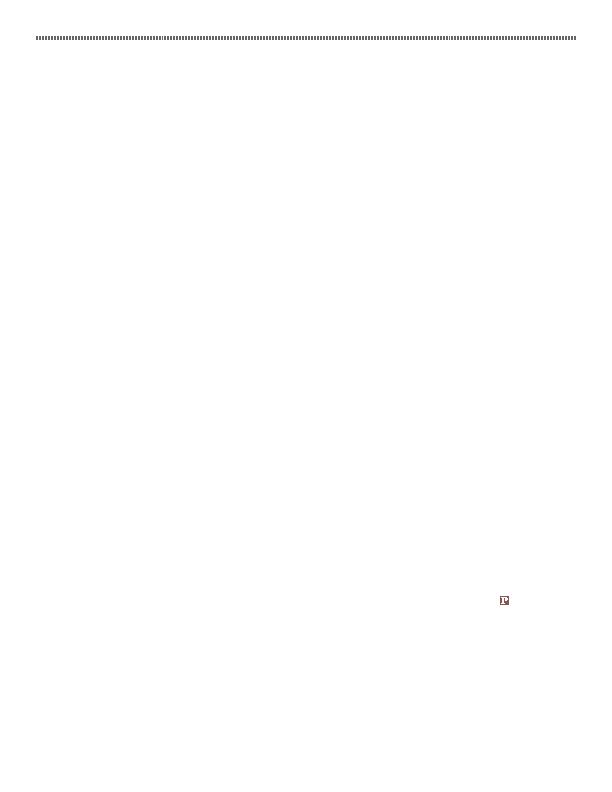
deceive. This can be infringed without
any proof of intention to mislead. This
section and its earlier equivalents have
been relied upon in cases ranging from
furniture
Bell from starting its Australian presence
due to the existence of a restaurant
named "Taco Bell's Casa" in Sydney.
ACL or consumers, is in enforcement.
In Australia, unsuccessful litigants are
usually obliged to pay the majority of
the winner's legal costs. Many cases
involving misleading and deceptive
conduct are accordingly between two
competing businesses as opposed to
between business and consumer. While
the ACL provides consumer protection
for goods and services, the legal costs in
seeing those guarantees complied with
often outweigh the value of the product
itself.
Competition Commission
effected by the Australian Consumer
and Competition Commission (ACCC).
Known as the "consumer watchdog" of
Australia, the ACCC has the authority
to investigate and research matters
relating to competition and consumer
protection, as well as educate the public
regarding such issues. The ACCC is also
concerned with enforcing the ACL by
bringing court action against business
perceived to have breached their
obligations under the ACL.
The most recent success for the
ACCC was the Federal Court of
Australia requiring ReckittBenckiser,
manufacturer of the Nurofen pain
killer range, to withdraw products that
were said on the packaging to treat
specific pains (such as migraines or
back pain) despite each containing the
same active ingredients. The ACCC
has also succeeded in court action
for a range of problematic practices
including misleading "free range"
removalists and unfair and aggressive
sales pitches for vacuum cleaners.
Australian Consumer Law
enforcement of product safety standards
in Australia. Although it contains no
particular standards itself, it provides the
Government with the authority to declare
certain safety standards for consumer
goods or product related services. The
ACL stipulates that where such a safety
standard exists, a person cannot supply
any good that does not comply with
those standards nor may they be offered
for supply, unless exported outside of
Australia and with the approval of the
Government. The ACL also prohibits the
manufacture, possession or control of
any contravening goods where the goods
are to be used in the used in trade or
commerce.
A significant example of such safety
standards are the Australian Design
Rules (ADRs) which set national
standards for the safety, theft resistance
and emissions of vehicles. The ADRs,
which are made up of a vast collection of
separate legislative instruments, provide
very technical specifications often based
on standards produced by international
bodies. The ADRs are not an approvals
system, rather manufacturers must
self-certify that they comply with all
applicable ADRs. It is the threat of
investigation and legal action from
bodies such as the ACCC that seeks to
ensure compliance with the ADRs.
provided a press release confirming its
investigations into the Volkswagen (VW)
Group.
to the use of software code in certain
diesel-fueled vehicles. This code was
capable of determining when a vehicle
was being run under test-conditions in
order to change engine controls that
resulted in a lower output of nitrogen
oxides (NOx), thus allowing the vehicles
to breach certain emissions standards.
investigating two potential breaches by
Volkswagen:
prohibited by the ADRs and thus
breach ACL mandatory safety
standards; and
relating to environmental benefits or
fuel efficiency are factors influencing
consumer choice.
$1.1 million per breach of the ACL for
corporations.
The ACCC indicated that VW has
yet to confirm the local use of software;
however testing by the International
Council of Clean Transportation (ICCT)
does suggest that some affected vehicles
may have breached Australia's emissions
standards (a mix of the Euro 4 and
Euro 5 standards that were previously
enforced in the European Union). In
response, VW has agreed to recall the
affected vehicles and modify them in
order to bring them within Australian
emissions standards.
The case involving VW is an
example of how Australian consumer
laws and protection operates around
the notion that prevention is far better
than treatment. The options for redress
are usually quite limited for a single
disgruntled consumer. However,
breaches of the ACL can still be met with
formidable litigants, either in the form of
the ACCC or a class-action suit. It is the
risk of this court action that provides a
significant factor in business seeking to
comply with the ACL.
3 Campomar Sociedad Limited v Nike International Ltd